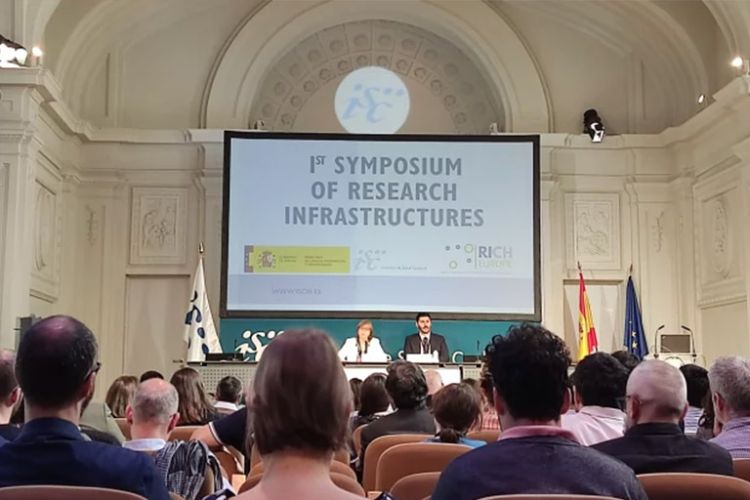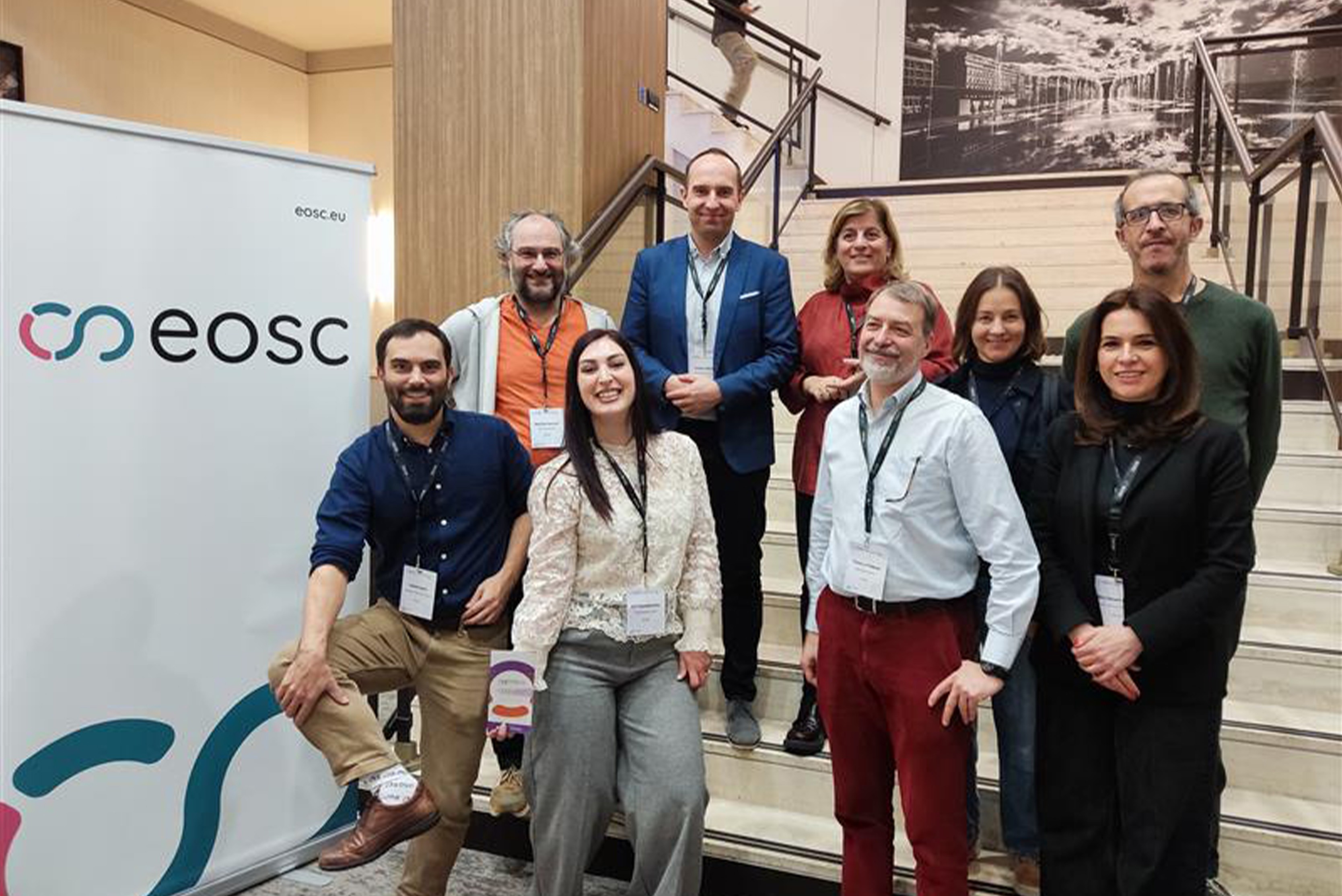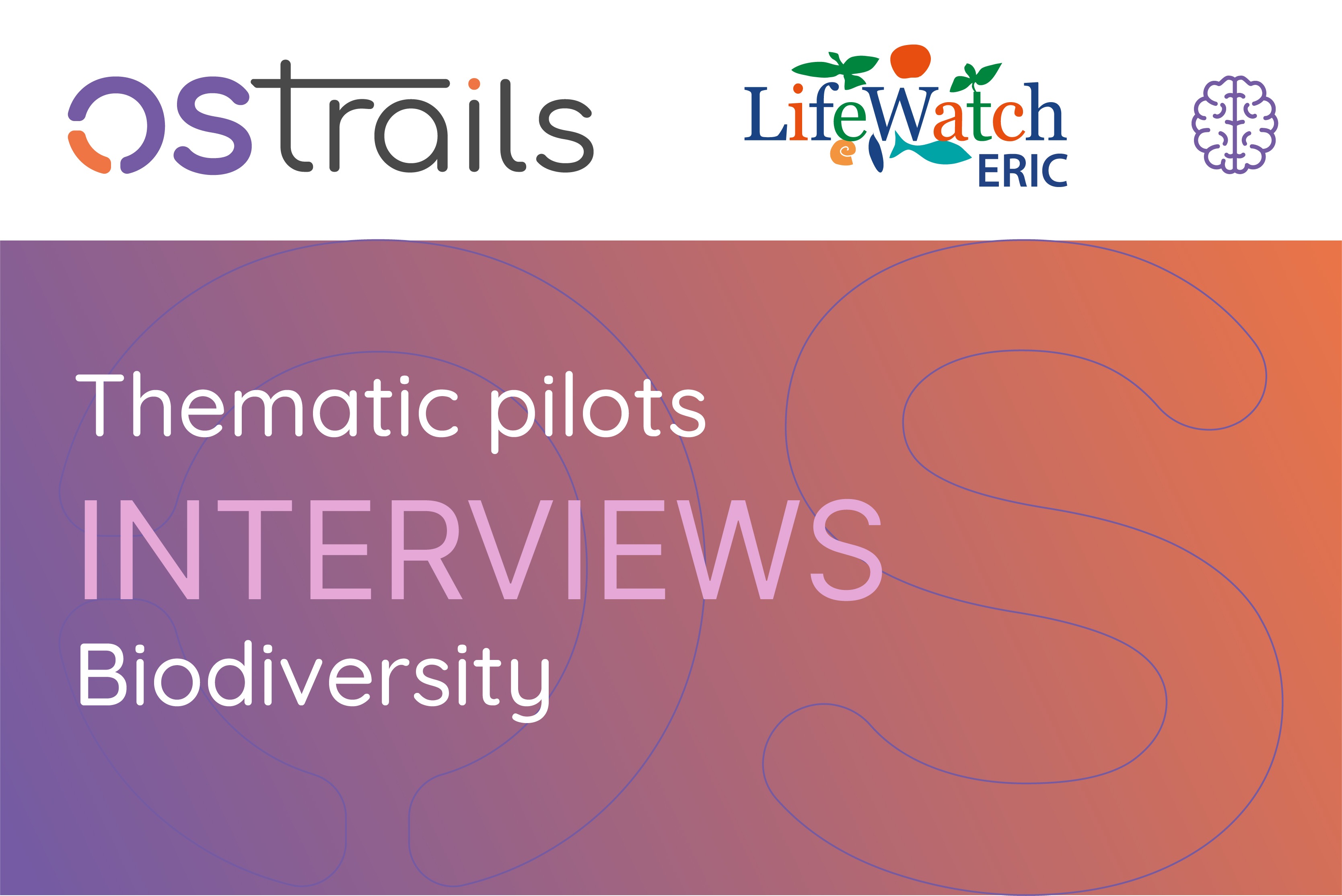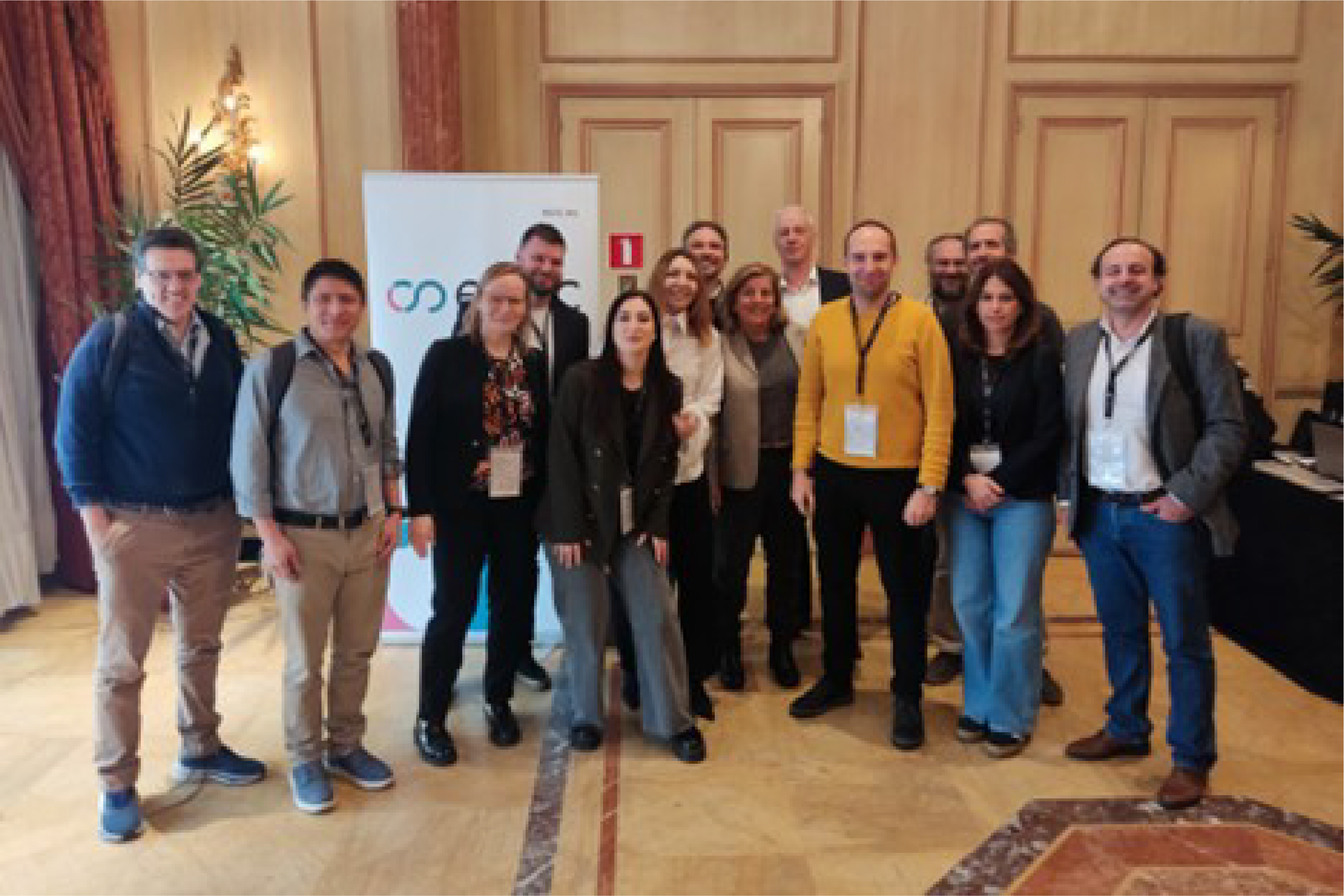OSTrails Contribution to Open Science Policy

The occasion
On May 7th 2024, OSTrails was in Madrid for the 1st Symposium of Research Infrastructures (RIs) organised by the RICH Europe project. The event complemented the project’s activities to strengthen and standardise the services of Research Infrastructures National Contact Points (NCPs) across Europe. It highlighted Horizon Europe's support for Open Science and broader access to RIs, showcasing funded projects, educating NCPs, and fostering global dialogue on RIs.
Supporting EOSC and Open Science Policies
During the Symposium, a session was held to reflect on the project's lessons learned and gather feedback that would enhance the Open Science policy landscape in Europe. Pilar Castro, Head of the Open Access, Repositories and Journals Unit at FECYT, a beneficiary of OSTrails, moderated the session and Elli Papadopoulou, deputy coordinator of OSTrails, provided an overview of the project activities contributing to enhancing the EOSC infrastructure and policies for open science.
OSTrails has set the ambitious goal of delivering a FAIR-enhanced, interconnected and machine actionable environment along with the pathways to navigate scientific information shared across services that enable and support planning, tracking and assessing research activities. To achieve this, the consortium consists of major service providers of data management plans (DMPs), FAIR assessments and scientific knowledge graphs (SKGs) who collaborate to ensure interoperability and develop common methods, standards and tools for integrating and harmonising best practices.
Complementary to the technical work, 25 pilots serve as the backbone of the project ensuring that the results are fit-for-purpose and pragmatic, respecting the diverse research ecosystems of the 15 national infrastructures and the 9 Science Clusters RIs that they represent. In this endeavour, the user communities, research funders and local stakeholders are engaged to co-define and validate the outcomes of the project in different countries and domains reflecting on and supporting their open science policies. Finally, a pilot on the Horizon Europe framework programme aims to scale up the adoption of OSTrails results leveraging the OpenAIRE Graph data.
Key takeaways
All presentations of the dedicated policy session emphasised the importance of community involvement in driving progress -> “by community, for community”. Furthermore, the discussion highlighted the opportunities arising by infrastructures in strengthening data sharing and eliminating market failures similar to the scientific publishers phenomenon, and they challenged the implementation of Open Science which is different at macro and micro levels (European vs national vs institutional). Overall, it underscored the use of curated data, transparent indicators, and knowledge graphs, such as the OpenAIREGraph, to inform policymaking effectively, and exuded hope towards initiatives such as CoARA that have the ability to accelerate Open Science adoption targeting the much needed shift of the research culture today.
Resources
- The presentation is available at the OSTrails Zenodo community.
- The recordings of the symposium can be found on YouTube: RICH Europe 1st Symposia. "The role of the RIs in the Open Science and the ERA implementation" (youtube.com)



